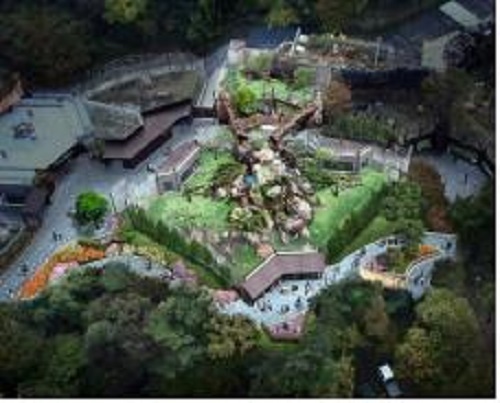Seoul Zoo said Thursday it is pushing to introduce Amur leopards in an effort to restore Korean leopards, which died out in the region during Japanese colonial rule in the early 20th century.
To that end, the zoo will hold a seminar on the conservation of Amur leopards by inviting renowned zoologist Jo Cook, the head of the London-based Amur Leopard and Tiger Alliance on Friday, Seoul Zoo head Lee Ki-seop said. Cook is also the chief manager of a program to breed and manage Amur leopards at the World Association of Zoos and Aquariums.

"We plan to intensively introduce our preparations, including a leopard pen, as Jo Cook's judgment is crucial in introducing Amur leopards," he said.
While in Seoul, the ALTA leader is scheduled to discuss the zoo's introduction of Amur leopards from Russia or Europe after inspecting their breeding facilities, Lee said.
According to the zoo, extinct Korean leopards are genetically identical to Amur leopards, which are currently found only in the Russian Far East and northeastern China. The Korean Peninsula was their major habitat in the past.
Many Korean leopards were found on the peninsula even until the Joseon Dynasty (1392-1910). Their population rapidly declined due to indiscriminate poaching during the Japanese colonial rule (1910-45). Moreover, their habitats were destroyed since the nation's liberation in 1945, and they have completely disappeared without a trace from the peninsula from the 1970s.
"Hence, the introduction of Amur leopards, if realized, virtually means the restoration of Korean leopards," Lee said.
Seoul Zoo has been trying to introduce Amur leopards for years, and completed a pen satisfying international standards in May last year.
At present, some 200 Amur leopards are reportedly living in zoos around the world, and only about 70 survive in the wild. (Yonhap)








![[Hello India] Hyundai Motor vows to boost 'clean mobility' in India](http://res.heraldm.com/phpwas/restmb_idxmake.php?idx=644&simg=/content/image/2024/04/25/20240425050672_0.jpg&u=)









